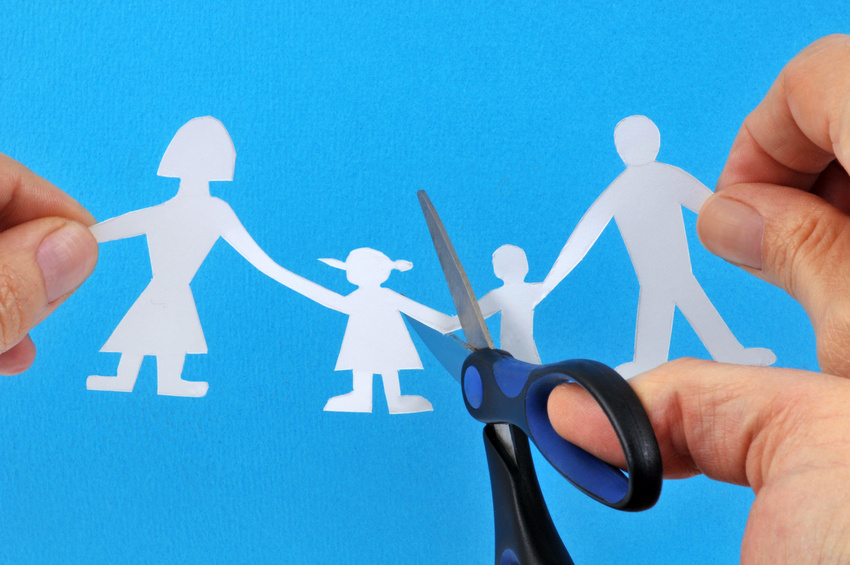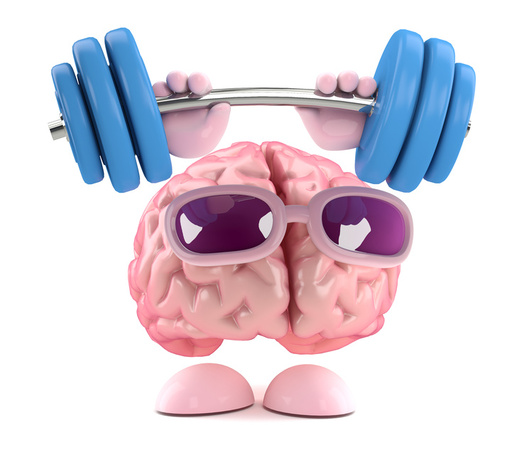
I see many parents on a weekly base, who’s children don’t want to listen to them. These parents are at wits end and despondent. On the other hand, listen to what a girl between four and five years told me: “You know if Mom and Dad says 'No' to me and my brother, we just start crying and when we cry louder and louder, Mom and Dad always say 'Yes'!” Shocking!? No, it’s a general everyday situation.
So, what is happening here?
In most households both parents are working and they feel guilty for not spending enough time with their kids. These parents want to be “nice and kind” to their children and don’t want to have conflict when they come home late, prepare dinner, help the kids with homework, etcetera. (Note: this situation also repeats itself daily where one of the parents doesn’t work and stay at home – due to parents who don’t want conflict). The children, on the other hand exactly know when (if Mom and Dad reached their energy limits) and how (cry harder, throw a tantrum, etc.) they should push the borders so that Mom and Dad will give in and say “Yes”, do the “work” themselves or start shouting to get reaction from their kids.
What should you as parent do?
BoysTownPress.org teaches that there are four steps to follow an instruction and to get results from your kids:
- stop all activities;
- look your kid in the eyes (mom / dad / teacher / caretaker, etc.) when you give the instruction;
- wait for him to acknowledge the instruction by saying, “ok” (even if he doesn’t feel like saying “ok”);
- let him complete the task;
- adult and kid check back after completion.
Explain to your kids what you and society want them to do when you ask something and practice the above mentioned four steps.
A mom’s comment on practicing the four steps on BoysTownPress.org is: “Now when I ask them to do something, they can either do the task, or they hear me repeat what the four steps are and why its important to follow instructions. The mere distraction of me giving this explanation over and over again is enough to make them not argue or dilly dally, its kind of nice”.
Parents, don’t stay at wits end. Make the shift from being controlled by your child to “taking the remote control” (above mentioned four steps) in your own hands and start to practice today how to make your kids listen to you.
Title of article taken from Julia Cook's book "I just don't like the sound of NO!"













 RSS Feed
RSS Feed
